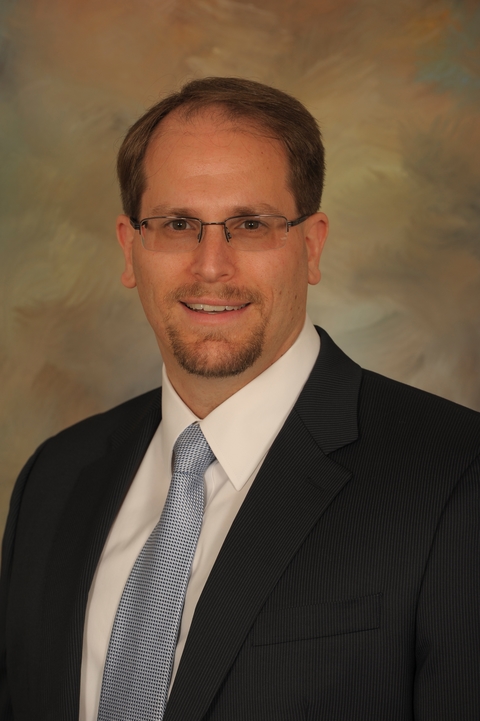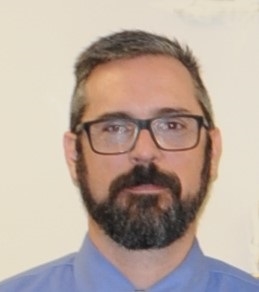When news broke about the shooting at Pulse nightclub, some of the first people contacting Orlando Health were representatives from foreign consulates.
Orlando Health operates in the theme park capital of the world—home to Walt Disney World, Universal Studios and Sea World—which welcomes millions of international visitors each year. Any of the shooting victims the hospital was receiving for treatment could have been a resident of a foreign country.
However, the hospital had no process in place for tracking foreign nationals in the hospital, especially in a high-stakes situation such as the aftermath of a mass casualty event.

"When something like this happens—a big mass casualty incident—foreign consulates reach out wanting to know a lot of information," Eric Alberts, corporate manager of emergency preparedness for the health system, told FierceHealthcare in an interview.
Orlando Health has since established a system specifically for identifying and admitting foreign patients. In the first four months of the program, from last October to January, the system provided support to more than 5,300 foreign national patients, according to a whitepaper on the program.
RELATED: IHI 2016—Orlando Health looks back at Pulse shooting and how hospitals can prepare for the worst
Orlando Health clinicians identify which patients are foreign nationals when they arrive, and these patients are provided with contact information for their country's consulates and other support services early on, Alberts said.
John Corfield, a corporate emergency preparedness specialist for Orlando Health, told FierceHealthcare that interacting with a foreign healthcare system can be "a scary situation at the best of times" for these patients, who may run into cultural norms that differ from what they're used to.
There may also be a language barrier that could make communicating about care difficult, he said.

Corfield, who served as pro-consul at the British Consulate in Miami before joining the health system, said that it's crucial to quickly connect foreign patients with consulates so that they can navigate those challenges.
"I think this program can do an awful lot of good across the country," Corfield said.
RELATED: Orlando Health app provides surgical updates to families through mobile app
Consulates can also help patients communicate with family members who may be overseas and assist in a patient's trip home by coordinating intake at another healthcare facility in their home country, contacting travel insurance companies or providing new passports or other travel documents.
Orlando Health had been working on building stronger working relationships with consulates and educating staff on the needs of foreign patients before the Pulse shooting but accelerated those efforts afterward, Corfield said.
"The reality is, even with all of the work [we were doing] we were still not able to get to the point where we needed to be in terms of identifying foreign nationals," he said. Since the shooting, hospitals in the region have "really taken this and run with it."
Alberts said developing the protocols has been an "eye-opening" experience, as Orlando Health previously estimated that about 5,000 foreign nationals visit its hospitals per year. It turns out the number is actually double that or more, based on the pilot.
"It's shined a light on how much of an international tourist base is coming here to Orlando," Alberts said.
RELATED: 3 areas hospitals may overlook in disaster planning
Corfield, who said he was one of many consulate officials contacting Orlando Health on the day of the Pulse shooting, said that he's also realized how little he knew about the U.S. health system while working at the consulate, which makes taking the time to meet one another and "feel each other out" before there is an emergency mutually beneficial.
When building emergency preparedness plans, having a process in place for foreign patients is a potential gap hospitals may overlook, he said.
"It's better to get a step ahead on those processes than to be scrambling on the day," Corfield said. "Exercise, look at your gaps and put something in place."